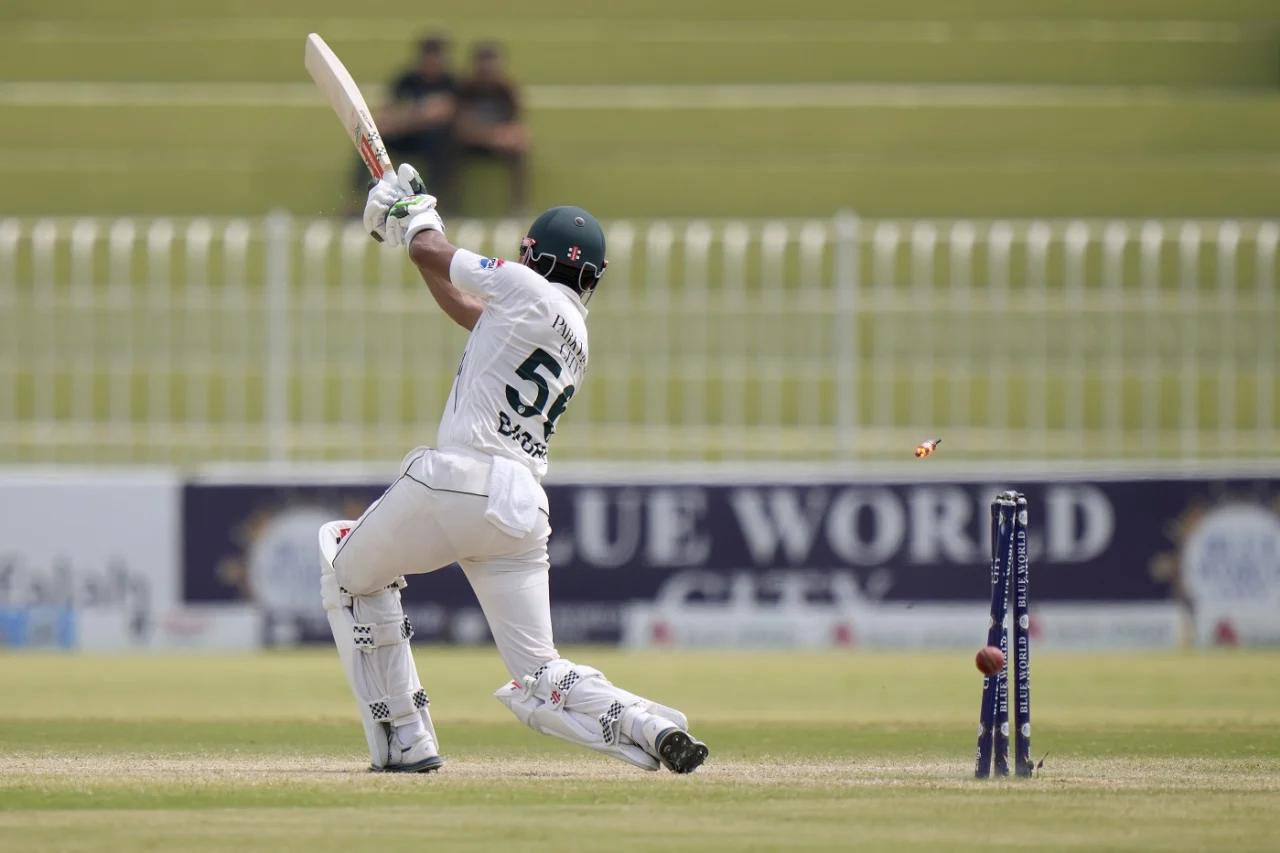
Babar Azam, the former captain of Pakistan’s ODI and T20 teams, has officially stepped down from his leadership role, marking a significant shift in Pakistan’s cricketing landscape. His resignation came shortly after Pakistan’s disappointing performance in the T20 World Cup 2024,
It raised many questions about the management, and discussions about his tenure as captain were held seriously. This resignation represents the second time Babar has vacated the captaincy, which many believe was necessary given the team’s recent struggles.
Babar Azam’s Challenges in captaincy
Babar Azam first assumed captaincy in 2019 and has since led Pakistan for five years. During this period, the team failed to clinch any major titles in ICC tournaments, a glaring shortcoming in a cricketing nation that prides itself on competitive spirit.

His leadership faced heavy scrutiny, particularly when highly disappointing results in key tournaments came out. After the ODI World Cup 2023, where Pakistan fell short of reaching the semi-finals, pressure mounted on Babar to resign. The team’s inability to perform under pressure, including a shocking loss to Afghanistan, further fueled criticism.
Despite his departure from the captaincy, there’s a shocking fact to know that Babar Azam holds the record for the highest win percentage among Pakistani captains, with 56.46% across all formats. Under his leadership, Pakistan played 147 matches, achieving 83 victories against 50 losses. This includes his performance in T20 matches, where he secured 47 wins out of 84 games, and in ODIs, where he achieved 26 victories in 43 matches.
Pakistan’s no major title win under Babar Azam
One of the most significant criticisms of Babar’s captaincy is his inability to secure any major titles. Despite leading the team in three consecutive T20 World Cups (2021, 2022, and 2024) and experiencing dismal results, Babar’s captaincy fell short of expectations. The team also faced defeats against lesser-ranked teams, such as the USA, Ireland, and Zimbabwe, raising questions about the team’s preparation and performance standards.

Moreover, the team’s unpleasant results in the Asia Cup in both 2022 and 2023, coupled with the failure to progress beyond the group stage in the ODI World Cup 2023, left fans and analysts questioning his leadership abilities. Many observers noted that Babar favored certain players over potentially more talented individuals, which might have hindered the team’s overall performance.
The Future of Pakistan Cricket
With Babar Azam’s resignation, the crucial question arises: Who will take the reins of Pakistan’s white-ball teams next? Three prominent names have emerged in discussions about his successor.
- Mohammad Rizwan: Currently a key player for Pakistan, Rizwan is a seasoned wicketkeeper-batsman with experience in all three formats. His leadership skills are evident as he captains the Multan Sultans in the PSL, and he has played 74 ODIs and 102 T20s, making him a strong candidate for the captaincy.

- Fakhar Zaman: Known for his explosive batting style, Fakhar has been a significant part of the team for years and has a knack for delivering memorable performances. He has played 82 ODIs and 92 T20s, showcasing his ability to lead from the front and inspire teammates.

- Shadab Khan: As an all-rounder, Shadab brings a wealth of experience and success from domestic cricket. Though he hasn’t captained the national team yet, his leadership in PSL, where he led Islamabad Qalandars to two championships, demonstrates his capability. Shadab has participated in 70 ODIs and 104 T20s, making him another strong contender.

Babar Azam’s departure from the captaincy highlights the challenges and pressures inherent in leading a national cricket team, especially one as passionate and demanding as Pakistan. While he leaves behind a mixed legacy characterized by a solid win percentage, the absence of major titles will stay in the memories of fans and analysts.

As the cricketing fraternity looks ahead, the choice of the new captain will be critical in shaping the future of Pakistan cricket. Each of the candidates brings unique strengths, and their leadership could mark a new chapter for the team in international cricket.
ALSO READ: Teams With Most Consecutive Home Series Wins In Tests




